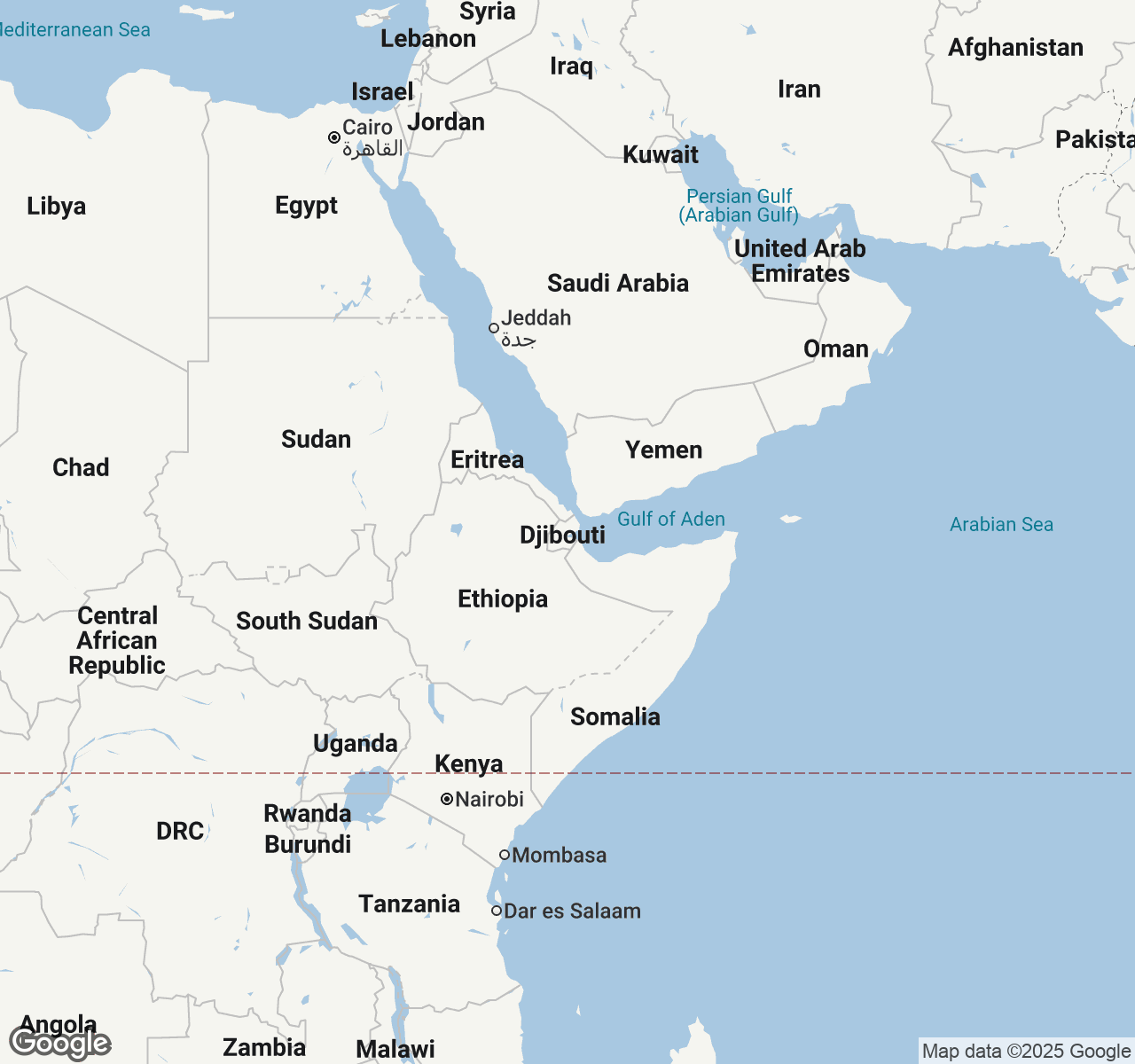
Things to Do in Djibouti
Discover the best of Djibouti
Plan Your Trip
Essential guides for timing and budgeting
Top Things to Do in Djibouti
Discover the best activities and experiences. Book now with our trusted partners and enjoy hassle-free adventures.
Explore Djibouti
Djibouti City
City
Grand Bara Desert
City
Khor Ambado
City
Lac Abbe
City
Ali Sabieh
Town
Arta
Town
Dikhil
Town
Obock
Town
Tadjoura
Town
Day Forest National Park
Region
Goda Mountains
Region
Gulf Of Tadjoura
Region
Lac Abbe
Region
Lake Assal
Region
Ras Siyyan
Region
Khor Ambado Beach
Beach
Maskali Island
Island
Moucha Island
Island
Your Guide to Djibouti
About Djibouti
Djibouti sits where the Horn of Africa meets the Red Sea—a country built on active volcanoes, salt lakes, and underwater life most people have never heard of. The land is small but packed with raw geology you can see working in real time. At Lac Abbé, limestone chimneys jut up from the ground like sentries. Tectonic forces shaped them. The effect is strange and compelling. The capital's markets sell frankincense and spices, same as they did centuries ago when trade routes ran through here. Nomadic groups still move through the interior while container ships dock at modern ports. Both worlds exist side by side. Underwater, the Gulf of Tadjoura delivers. Whale sharks cruise through clear water, and coral reefs form structures worth the dive. You can swim with dolphins in the morning, then watch the sun drop behind volcanic peaks by evening. Djibouti won't coddle you. But it pays off.
Travel Tips
Transportation: Shared taxis within Djibouti City cost 100-300 Djiboutian francs ($0.56-$1.68)—they follow set routes. Private taxis to the airport charge 1,500-2,500 francs ($8.43-$14.04). Rent 4WD vehicles for desert excursions at 8,000-12,000 francs ($44.94-$67.42) daily including driver.
Money: The Djiboutian franc is pegged to the US dollar (177:1). Exchange at banks like BCIMR or use US dollars directly in many places. ATMs are limited; bring cash. Budget 3,000-6,000 francs ($16.95-$33.90) daily for meals and activities.
Cultural Respect: Greet with 'as-salamu alaykum' in Arabic or 'bonjour' in French. Dress modestly covering shoulders and knees. Respect that 94% of population is Muslim—avoid eating/drinking in public during Ramadan daylight hours.
Food: Try skoudehkaris (lamb and rice) at L'Historil Restaurant where traditional meals cost 1,200-2,200 francs ($6.78-$12.43). Sample fresh dates and camel milk for 200-500 francs ($1.13-$2.82) at local markets. Drink bottled water costing 150-300 francs ($0.85-$1.69) as tap water isn't safe.
When to Visit
Djibouti's optimal visiting window spans November through March, when temperatures range from a comfortable 75-85°F (24-29°C) during the day. This dry season offers minimal rainfall (less than 1 inch monthly) and lower humidity, perfect for exploring volcanic landscapes and snorkeling. Peak season prices are 40-60% higher than off-season rates. April and May serve as pleasant shoulder months with temperatures climbing to 90°F (32°C) but fewer crowds and moderate pricing. The intense summer months (June-September) bring scorching temperatures exceeding 110°F (43°C) and high humidity, though accommodation rates drop by 50-70%. October marks the short rainy season with occasional downpours and temperatures around 95°F (35°C). Key festivals include Eid celebrations (dates vary with lunar calendar), Independence Day on June 27th featuring parades and cultural performances, and the New Year celebration on January 1st. Adventure travelers seeking solitude might brave the summer heat for significant savings, while families and comfort-focused visitors should stick to November-March. Diving conditions remain excellent year-round, though visibility peaks during cooler months. Budget travelers benefit from substantial off-season discounts despite challenging weather conditions.

Djibouti location map